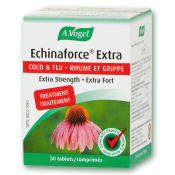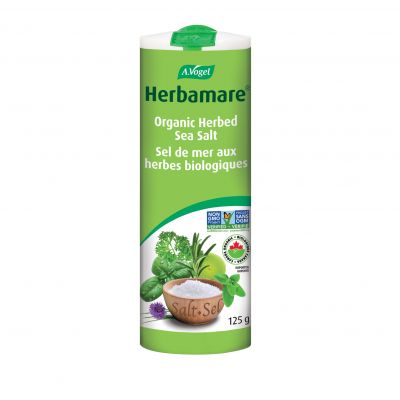The role of the immune system
Our immune system is an essential part of our survival. Without it, our bodies would be open to attack from bacteria, viruses, parasites and more. It is our immune system that keeps us clear of pathogens and helps us stay healthy. Basically, the immune system is a vast network of cells and tissues that once an enemy is spotted will switch from protect to attack mode to overcome it.
Causes of a weak immune system
Many habits can weaken the immune system; sleep deprivation, lack of exercise, feeling lonely and stressed, eating processed/fatty foods, the overuse of antibiotics, drinking/smoking and being overweight can all contribute to a lowered immune response.
Signs of a weakened immune system
1. High stress levels.
It's no coincidence that you tend to get sick after a big project for work or following an emotional event at home. According to the American Psychological Association, a report explains that long-term stress weakens the responses of your immune system. Stress decreases the body's lymphocytes, which are the white blood cells that fight off infection. So the lower the levels of lymphocytes, the more you are at risk for viruses like the common cold.
2. Catching colds too often.
It's normal to have a cold two or three times each year. Usually most people bounce back in seven to ten days. But if you're constantly battling a cold that won't seem to run its course – it's a sign your immune system is struggling to work properly.
3. Your digestion is off.
Your immune system might be compromised if you are experiencing frequent diarrhea, gas or constipation. Understandably so since nearly 70 percent of your immune system is located in your digestive tract. Research shows that beneficial bacteria and microorganisms live in your gut to defend it from infection and support your immune system. A low amount of these microorganisms can leave you at risk to viruses, chronic inflammation and even auto-immune disorders.
4. You're tired all the time.
You have been focused on following good sleep patterns and habits, but you still feel exhausted and sluggish? Maybe it's your immune system trying to tell you something. When your immune system struggles, so do your energy levels. If your body is trying to conserve energy to fuel your immune system to fight off germs, you will experience symptoms of lethargy.
5. Frequent infections.
Besides the common cold, if you are battling frequent infections such as ear infections (multiple times in a year), or if you develop pneumonia twice during one year, suffer from chronic sinusitis or if you need more than two courses of antibiotics a year, you might be experiencing immune deficiencies.
6. Skin issues.
We've all gotten scrapes, bruises and cuts. I've always found it fascinating to see the immune system work its magic when observing the healing of wounds. All that nutrient dense blood goes to the injury to repair and regenerate new skin. Although, if your wounds linger and take a long time to heal, it could signify a problem as the immune cell response comes from a healthy immune system.
Ways to support your immunity
If one or many of these weakened immunity signs speaks to you, you might want to give your immune system some tender loving care. A few lifestyle changes and habits can naturally keep your immune system strong and optimize its function.
Balanced diet. For example, eating a balanced diet consisting of whole foods and plant based foods is one place to start.
Exercises. You also want to minimize stress sources by bringing your awareness to the present moment and clearing unwanted and unnecessary triggers. You can also build your immune health by exercising moderately every day. This doesn't mean to go running or do a strenuous workout. It can simply be to take a walk in the woods, stretch at your desk or practice deep breathing exercises. Take some time to ease yourself into a regular sleeping routine and ensure that you are getting enough hours of sleep (7-8 hours a night) can also contribute to building a stronger immune system.
Vitamin D. It is known that the lack of vitamin D during the cold winter months can contribute to a lowered immune response to viral infections. Vitamin D, or the sunshine vitamin helps fight off infections.
Echinacea. Finally, my number one choice of herbal remedies for prevention and treatment of viral infections for myself and my children is the Echinaforce products by A.Vogel. I know it is safe for kids, pregnant and nursing women and can be taken every day for a period of 4 months. It's been clinically proven to help the immune system in stopping pathogens in their tracks before infections take hold. I love that it is made from always and only fresh, organic echinacea.
I hope you enjoyed this article and these tips!
References:
https://www.apa.org/research/action/immune
https://www.cdc.gov/features/rhinoviruses/index.html
https://www.ncbi.nlm.nih.gov/pmc/articles/PMC3337124/
https://www.aaaai.org/conditions-and-treatments/library/immune-deficiencies-library/recurrent-infections-immunodeficiencies
http://sitn.hms.harvard.edu/flash/2013/issue133a/







